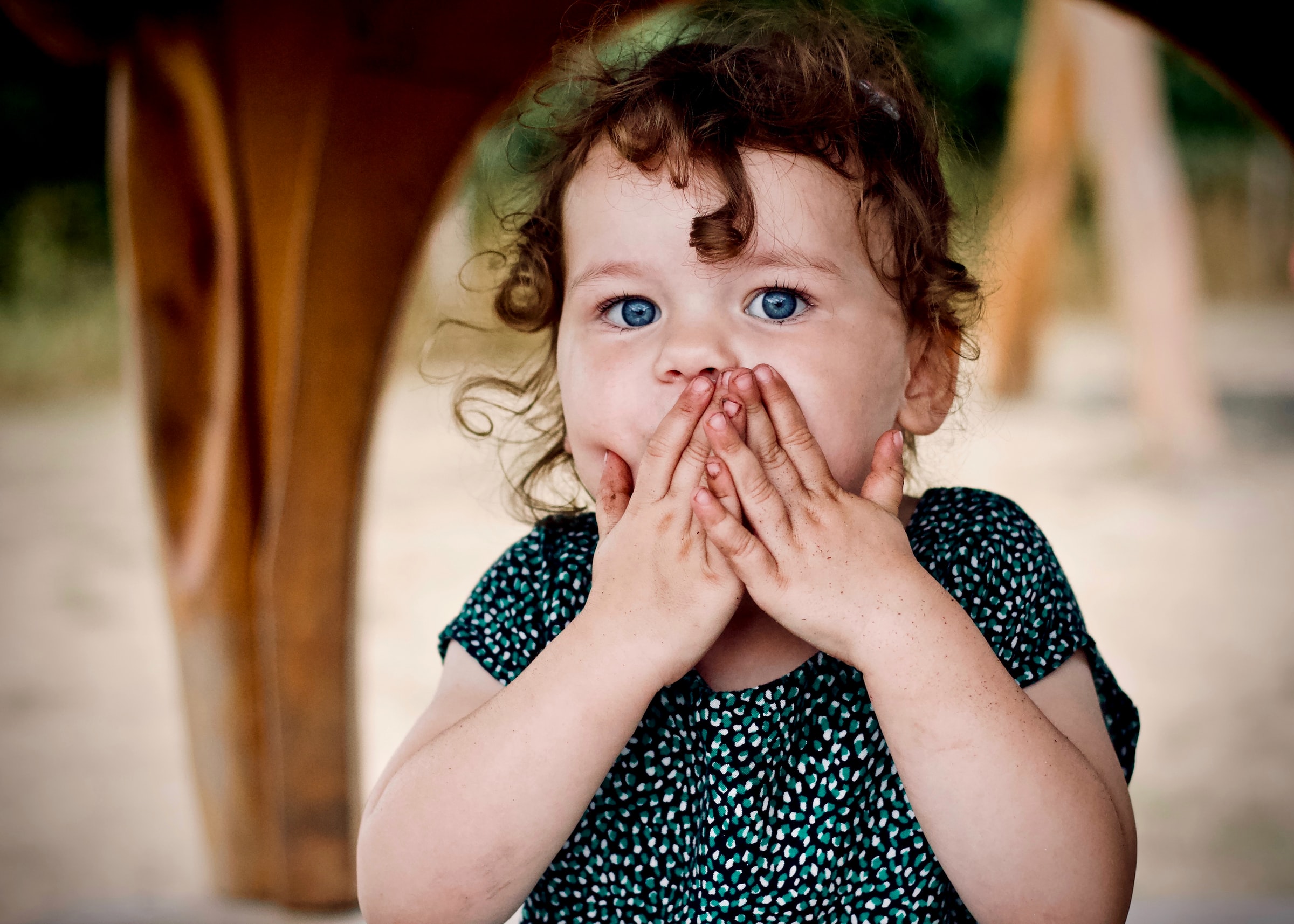Welcome to the (messy) ‘neutral zone’ of the pandemic

In the late spring of 2020, when the pandemic was being declared a national emergency, I felt riveted. I was super-alert, able to make bold and swift decisions to keep myself and my people safe. Adrenaline was surging.
Thankfully, COVID transmission is finally much lower. Oddly, amidst all of the happiness and relief, this transition to the next stage of the pandemic is surprisingly hard. The adrenaline is gone, and I feel exhausted by the past year of events.
Here are some ideas that are helping me. A friend pointed me to the Bridges Transition Model. William Bridges, an organizational consultant who authored the model, considers change to be the external event or situation that happens. Transition is the inner psychological process that we go through as we internalize and come to terms with the new situation that the change brings about.
The first change we experienced was a deadly pandemic with no vaccines or treatments. We transitioned to masks, physical distancing and all that entailed. Now we confront change again, as we move into a new phase of the pandemic. Many, but not all of us, are immunized. The “right” behaviors are much more individualized and context dependent. For those who lead organizations, like myself, this feels very messy.
According to Bridges, transition involves going through the “neutral zone”:
People go through an in-between time when the old is gone but the new isn’t fully operational. This is the time between the old reality and sense of identity and the new one. People are creating new processes and learning what their new roles will be. They are in flux and may feel confusion and distress.
As Nadia Bolz-Weber, a Lutheran pastor and best-selling author, wrote recently about re-entering group spaces:
I feel like we should wear a name tag right now that says ‘Hi! I’m: still figuring it out.’
And we’re figuring it out differently and on different time scales. We don’t yet know when we’ll find our wings, and what the communities most dear to us will look like on the other side. We’re out of sorts and tempted to feel critical of one another, just when we most need some generosity for this next messy part.
It is helpful to remember that caterpillars spend time in the chrysalis stage, where they literally dissolve and put themselves back together again as butterflies.
How are you experiencing this transition time? I hope we can recognize and trust the neutral zone. May gentleness and patience be our watchwords. New wings will find us on the other side.
Rebecca Stoltzfus




